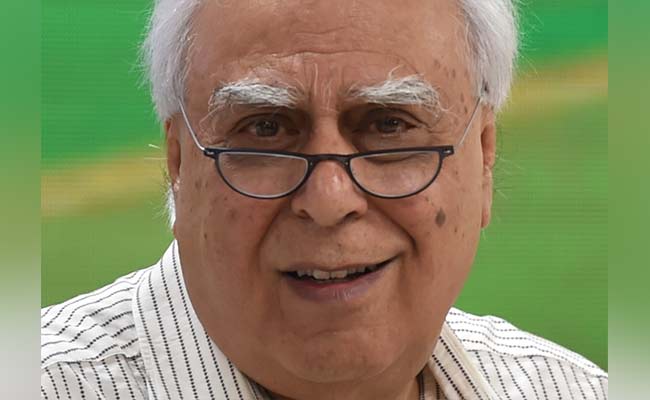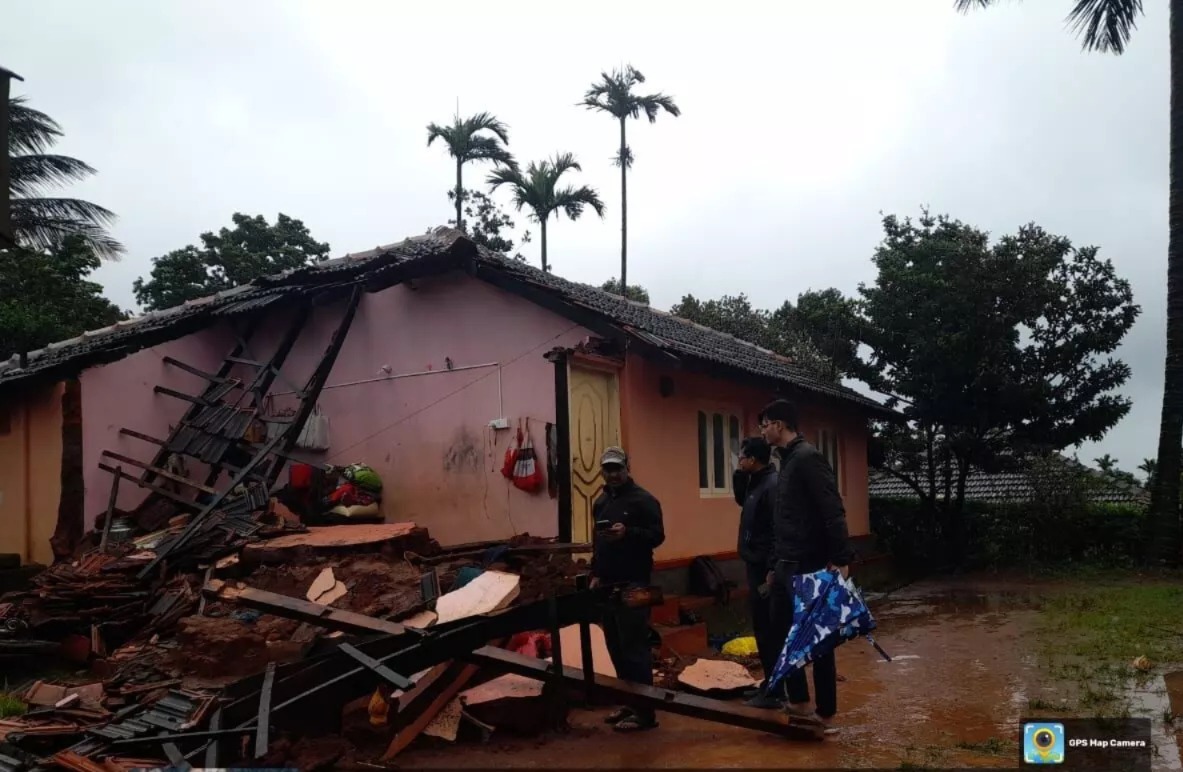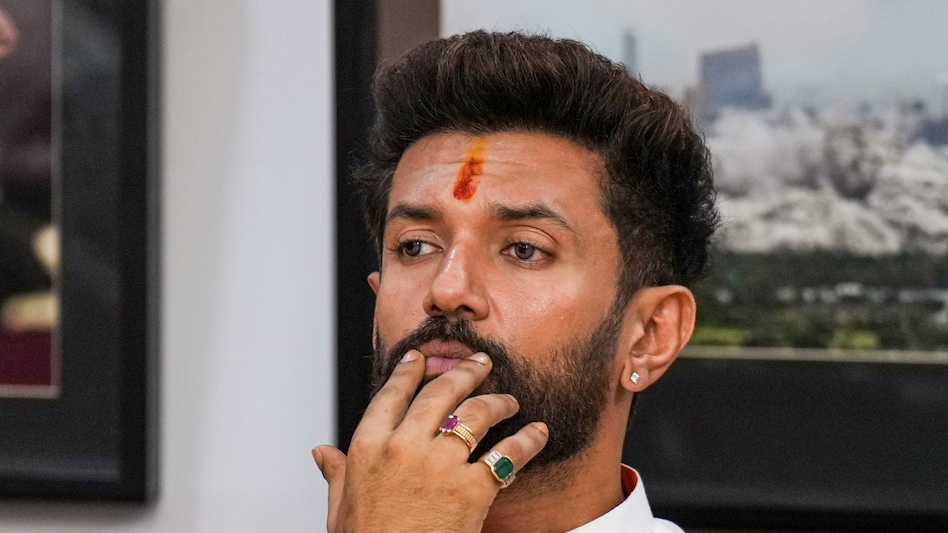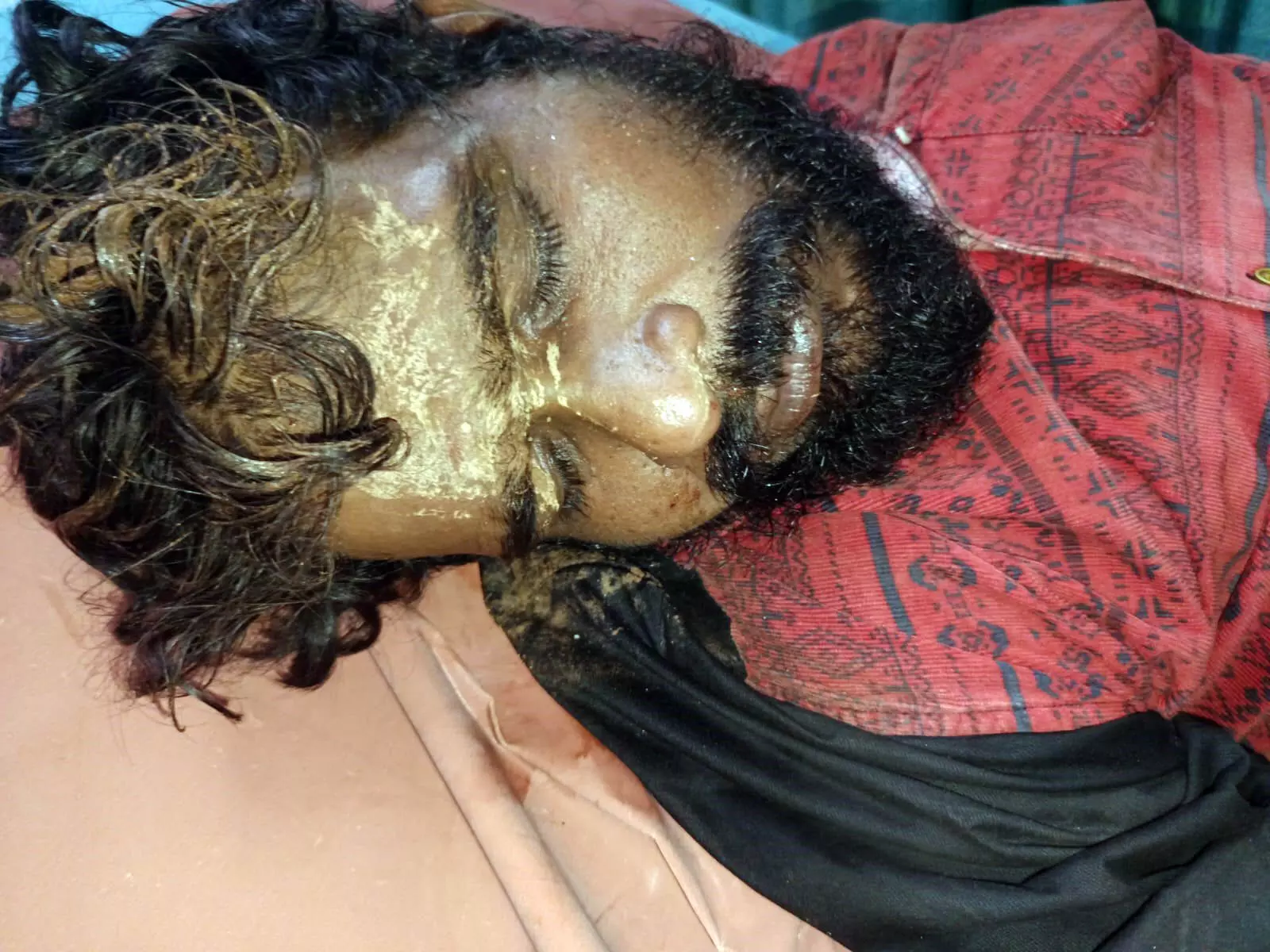New Delhi (PTI): Rajya Sabha MP Kapil Sibal on Friday hailed the Supreme Court upholding the constitutional validity of Section 6A of the Citizenship Act, saying it is a message to all that "live and let live" and conserve the culture of a multicultural and plural nation that India is.
In a significant judgement, the Supreme Court on Thursday upheld the constitutional validity of Section 6A of the Citizenship Act which grants Indian citizenship to immigrants from Bangladesh who entered Assam before March 25, 1971.
Chief Justice of India (CJI) D Y Chandrachud and Justices Surya Kant, M M Sundresh, and Manoj Misra further underscored the necessity for more robust policy measures to curb illegal immigration.
In a post on X, Sibal said, "Citizenship Act, 1955, Section 6-A, upheld by Supreme Court. Message to all: 'Live and let live'. Conserve the culture of a 'multicultural and plural nation that India is'.
"Bhakts listening? Bajrang Dal listening? Governments listening? Hope so!" Sibal said.
Section 6A was inserted in 1985 into the Citizenship Act of 1955 following the signing of the Assam accord between the then Rajiv Gandhi government at the Centre and the agitating groups led by Prafulla Mahanta, including All Assam Students Union in the state.
The verdict is believed to give a boost to those opposed to grant of Indian citizenship to immigrants who entered Assam after March 25, 1971.
According to the provision, all those who came to Assam on or after January 1, 1966, but before March 25, 1971, from Bangladesh at the time of commencement of the Citizenship (Amendment) Act, 1985, and since then are residents of Assam, can register for Indian citizenship.
As a result, the provision fixes March 25, 1971, as the cut-off date for granting citizenship to migrants, particularly those from Bangladesh, residing in Assam.
While the CJI, Justices Kant, Sundresh, and Misra upheld the constitutional validity of Section 6A, Justice J B Pardiwala dissented in a minority verdict.
Holding the cut-off date of March 25, 1971 as rational, the CJI, writing for himself, said Section 6A was included with the objective of reducing the influx of migrants to India and dealing with those who had already migrated.
CJI Chandrachud said Section 6A was not violative of Articles 6 and 7 of the Constitution, which stipulates a cut-off date for conferring citizenship to migrants from east and west Pakistan at the commencement of the Constitution".
"The Assam Accord was a political solution to the issue of growing migration and Section 6A was a legislative solution. Section 6A must not be read detached from the previous legislation enacted by Parliament to deal with the problem of influx of migrants of Indian origin... Section 6A is one more statutory intervention in the long list of legislation that balances the humanitarian needs of migrants of Indian origin and the impact of such migration on economic and cultural needs of Indian states," he wrote.
Justice Surya Kant, writing for himself and Justices Sundresh and Misra, said, Section 6A falls within the bounds of the Constitution and does not contravene the foundational principles of fraternity.
Let the Truth be known. If you read VB and like VB, please be a VB Supporter and Help us deliver the Truth to one and all.
Madikeri: In an incident reported from Hanagallu village of Somwarpet taluk, a woman died after the wall of her house collapsed due to heavy showers on Friday night.
The deceased, Sushma, was the wife of Ravi, a native of Kalaburagi district and lived in a house owned by AN Sachin of Hanagallu with her three children and brother Akshay.
The wall of the house collapsed due to the heavy rains during Friday night. Sushma was trapped under debris and died. Akshay sustained a shoulder injury and was admitted to the Madikeri District Hospital.
Sushma's three children are learned to have sustained minor injuries.





